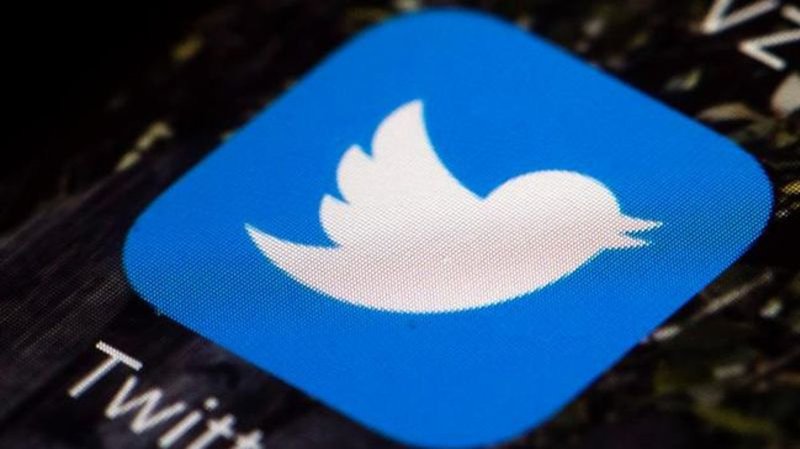
For most elected officials, likes and shares on Twitter hard to come by: study
WASHINGTON — Social media was supposed to be the great equalizer, but a majority of elected officials in Canada, the United States and elsewhere are struggling to connect with people on Twitter, a new study suggests.
Among rank-and-file federal legislators in five countries, including the United Kingdom, Australia and New Zealand, 25 per cent of active tweeters produced 65 per cent of the content, says the study, released Monday by the Washington-based Pew Research Center.
“Some of these tweets produce tens of thousands of likes and retweets from the broader Twitter public,” the centre said in a release. “But in the majority of cases, tweets from these legislators simply pass from view into the internet void.”
The Pew analysis — more than 1.3 million tweets from 2,056 politicians — was conducted during the first six months of 2019, when political discourse in Canada was dominated by talk of the SNC-Lavalin scandal and the tensions between the Prime Minister’s Office and former justice minister Jody Wilson-Raybould. In the U.S., it was President Donald Trump’s state of the union speech, and Brexit in the U.K.
